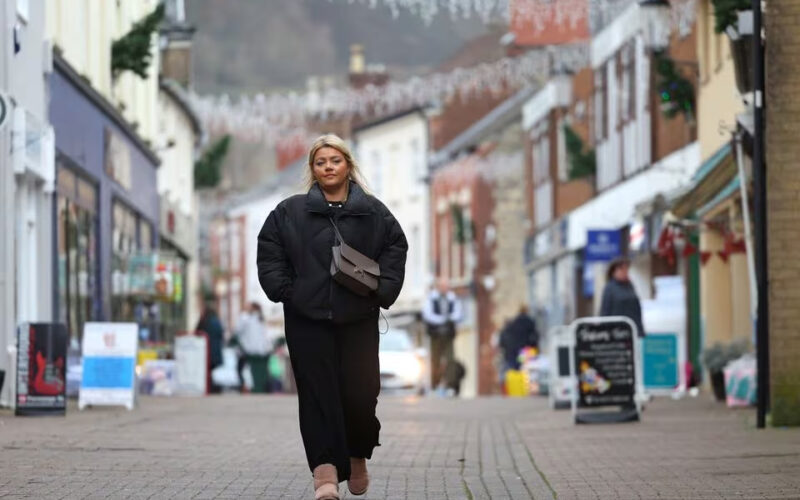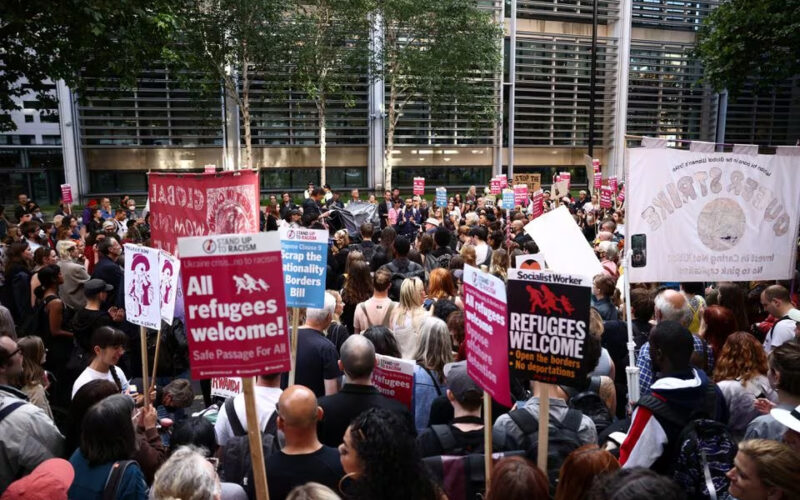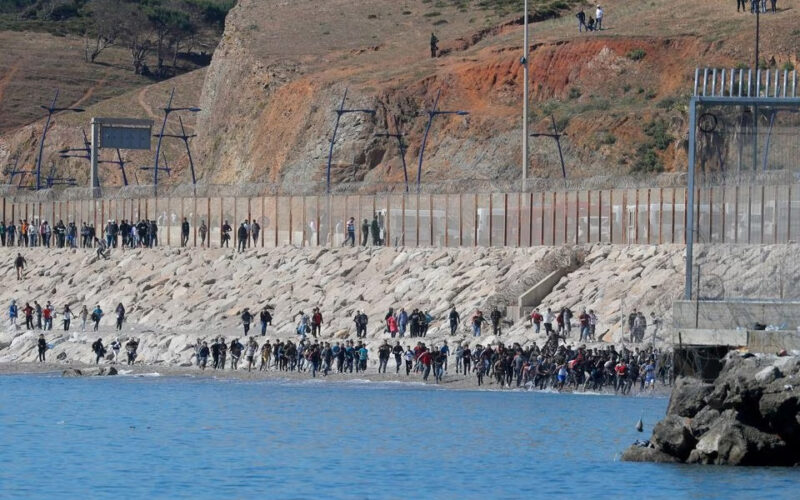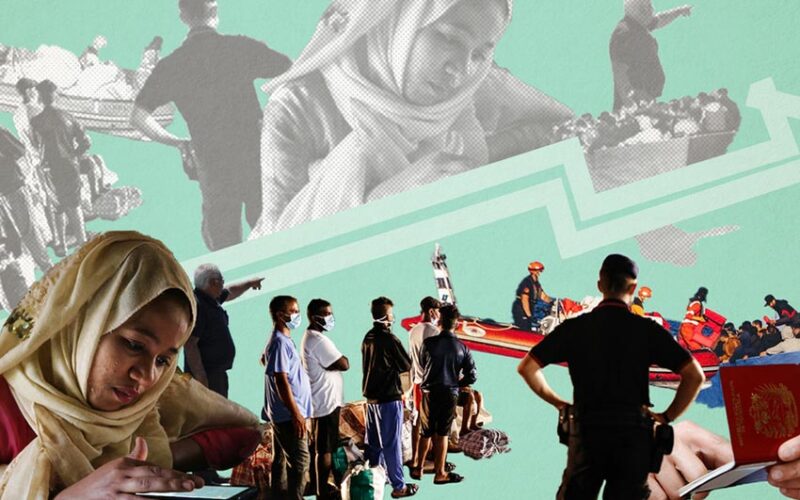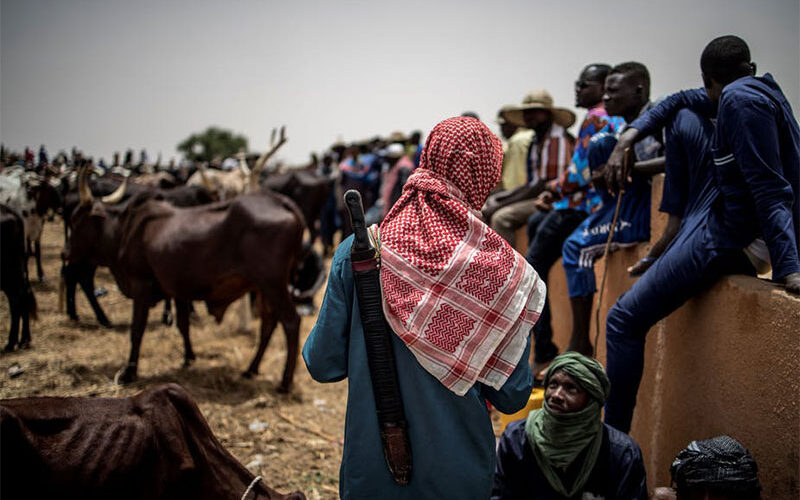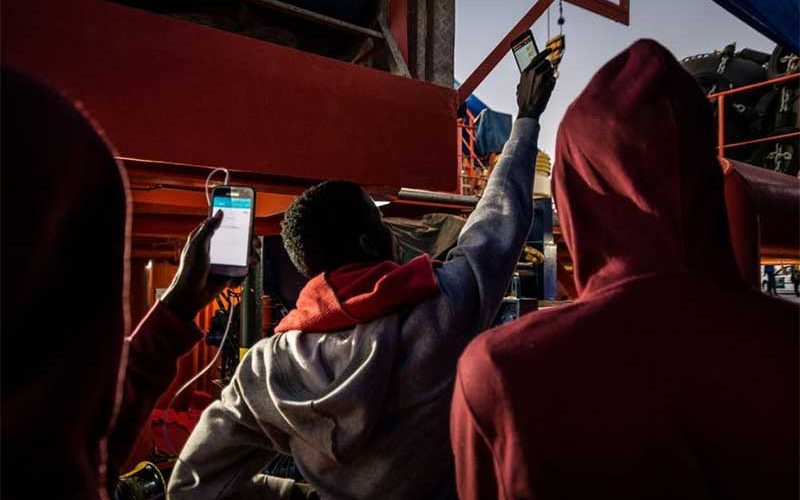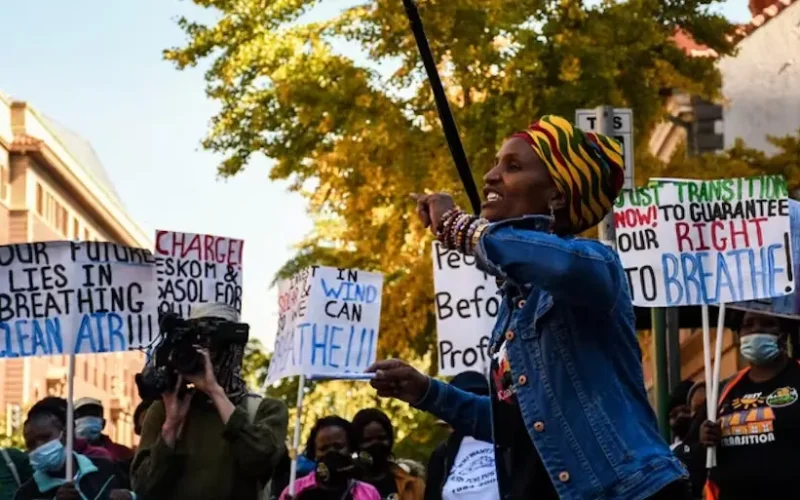
Women battle when trying to take climate change cases to court – South Africa and Nigeria study shows why
ACROSS domestic courts in Africa, climate cases have been decided in South Africa, Nigeria and Kenya, with some cases pending in Uganda. However, climate litigation is still fairly new. Climate lawsuits are an important way to access justice. This is particularly true for African women because, as research has shown, climate change affects women more than men in key areas including farming, health, water, access to electricity, migration and conflict. PEDI OBANI, Associate Professor, School of Law, University of Bradford I research how the law can be applied to cases of climate change, inclusive development, water governance and sustainability. In…

